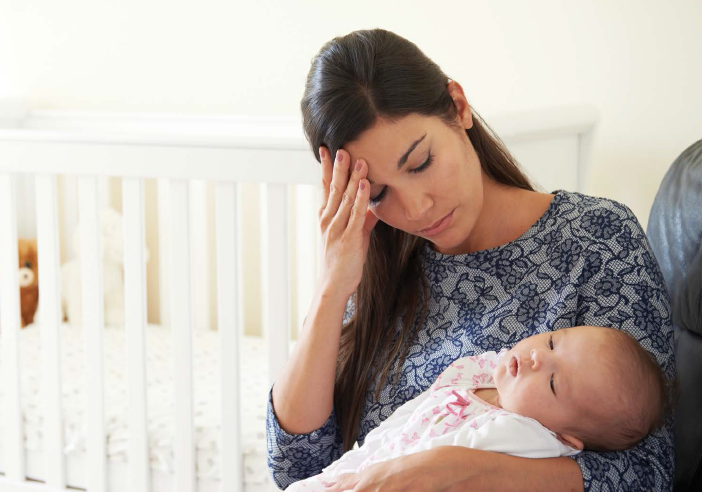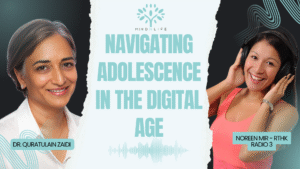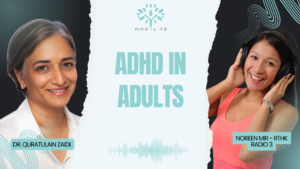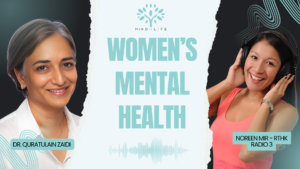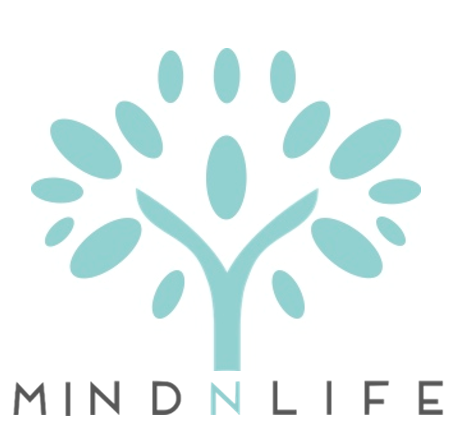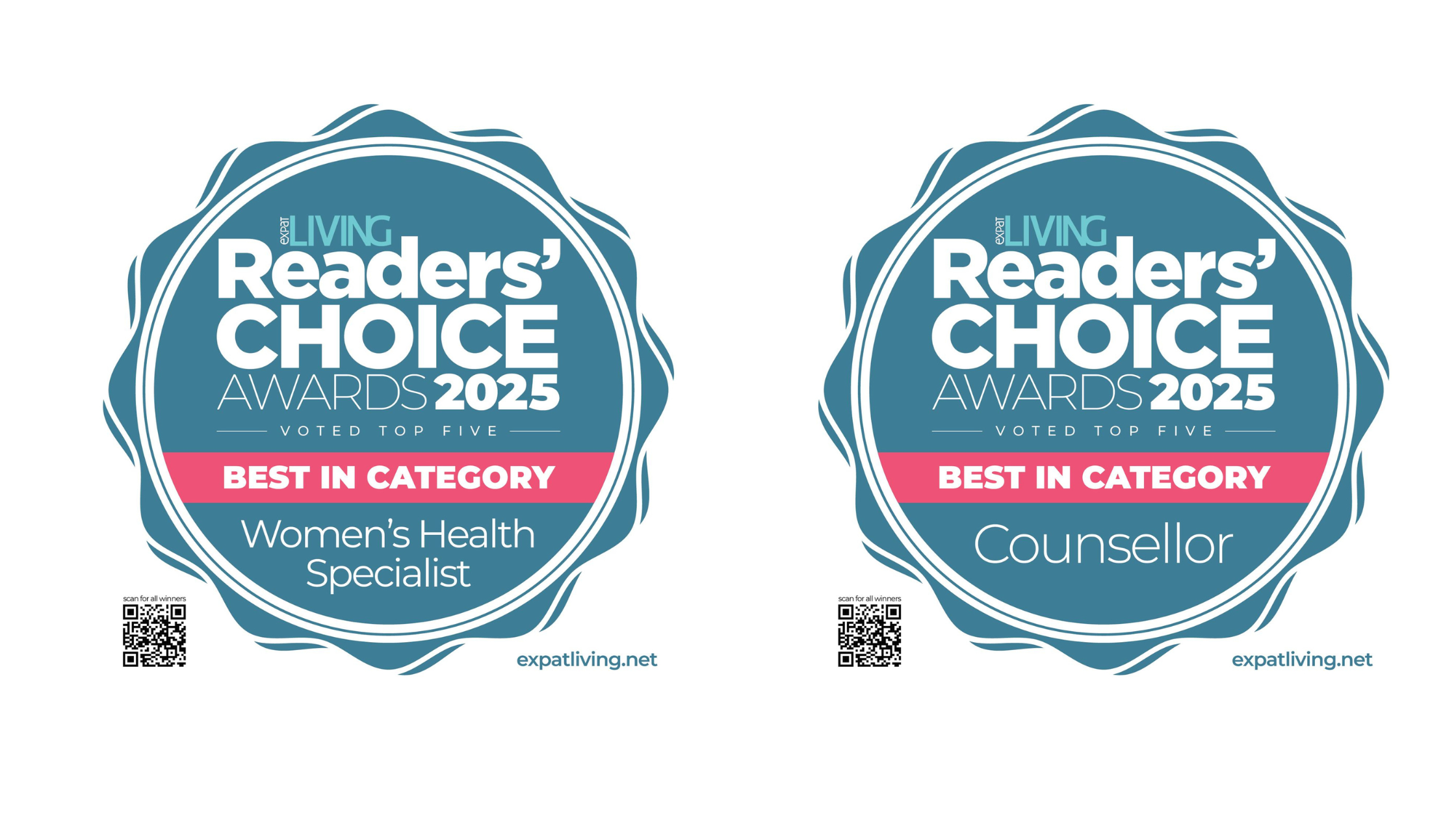CLINICAL PSYCHOLOGIST DR QURATULAIN ZAIDI EXPLAINS POSTNATAL DEPRESSION AND COPING STRATEGIES.
The minute that tiny baby lands in your arms you are only supposed to feel joy, or so you’re told. Having a baby can be difficult and challenging. It’s hard to admit to feeling isolated, overwhelmed, and afraid.
These feelings are common — so why is there a code of silence? We don’t talk about it because depression makes us uncomfortable. There is a stigma around being a struggling mum. Yet women, especially first time mothers, brave a gauntlet of life-changing events when they have a baby. A new mum loses her old identity and has to come to terms with a new one, relationships with friends and family change overnight and all this happens alongside other psychological and physical changes. It is a profound shift. It’s essential for us to know and recognise the warning signs of pre- and postnatal depression. Around one in every ten pregnant women experiences pregnancy depression (antenatal depression). Postnatal depression affects one in seven women and can start within one or two months of giving birth, although it can also be several months after having a baby before symptoms start to appear.
WHAT ARE THE SYMPTOMS?
Postnatal depression is similar to major depression, but the symptoms are often specific to motherhood. It can happen gradually or all of a sudden, and can range from being relatively mild to very hard-hitting.
These symptoms might include apprehension about giving birth, feelings of guilt, fear of abandonment, incessant crying, a lack of energy, and worrying about being a good mother. Don’t dismiss these signs as being part of the normal hormonal changes that occur during pregnancy, or the result of sleepless nights. Further symptoms can include obsessive and irrational thoughts, loss of appetite, difficulty sleeping, comfort eating, panic attacks, feeling a sense of inadequacy or overpowering anxiety.
Every mother experiences Postnatal Depression differently and some specific symptoms may not be listed here but if you’re aware that you don’t feel quite ‘right’ within yourself, seek professional help. As a new mother, it’s crucial to recognise and pay attention to your emotional state – don’t ignore your feelings or pass them off as insignificant.
COPING STRATEGIES
Before your baby arrives, talk to your partner and work out a plan and discuss issues including visitors, night wakings and baby care. It is important to be on the same page with your partner emotionally and intellectually on parenting strategies. Things seem much more manageable and disagreements can be resolved easily when you are not sleep deprived and physically and emotionally exhausted. So don’t leave it until the baby arrives.
As counterintuitive as it seems, exercise is a wonderful way to boost your energy. It changes the brain chemistry and produces chemicals that are helpful for your mood. Even just a walk with the stroller can be enough to help break up your day and lift your mood.
If you are a new mother or expecting a baby, it’s important for you to ignore notions of perfection; let things go, do more pleasurable activities, surround yourself with caring people. Talking to other pregnant women or mums of similar-age babies can beat back feelings of isolation and anxiety. Treat yourself as you would treat another new mum: with compassion, patience, generosity and a sense of humour. Above all, maintain perspective and always remind yourself this phase of baby’s dependency on you is temporary and it will pass. Be honest with yourself, and seek help if you are struggling.
Dr. Zaidi’s Clinic: www.mindlife.com or contact [email protected] to make an appointment
Annerley Post Natal Support group: https://annerley.otandp.com/zh-hk/
Government health department: www.gov.hk/en/residents/health/sexedu/afterbirth.htm

Dr. Quratulain Zaidi (BSc. Hons, MSc, MSc, PhD) is a mother and a member of the British Psychological Society and British Association Counselling & Psychotherapy and abides by the Ethical Framework for Good Practice in Counselling and Psychology. She has lived in Hong Kong and Singapore for 12 years. She specialises in assisting families with issues including parenting, teen issues, Cybersafety, marriage guidance, post natal depression, stress and anxiety disorders, depression, bullying, eating disorders, OCD and self-harm. She is an expert in educational assessments and learning challenges in children, for example ADHD, ADD, Dyslexia and ASD.

